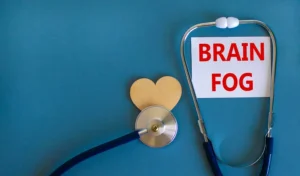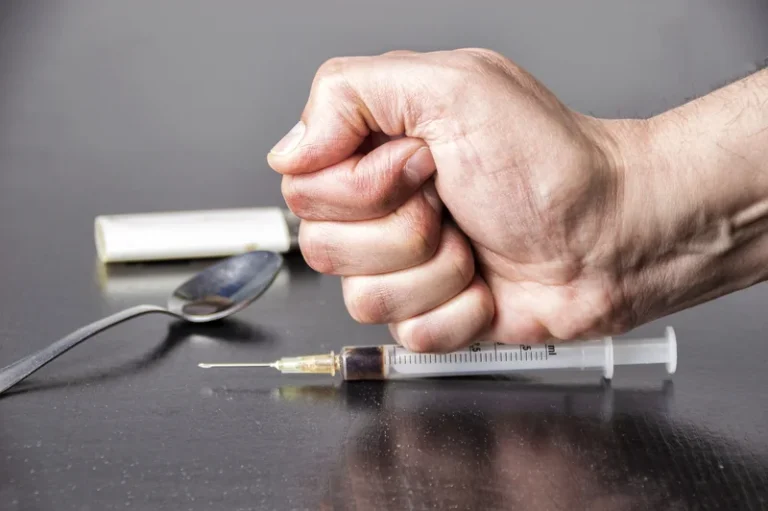
Inpatient treatment allows for 24/7 monitoring and care in a hospital or other treatment facility. Feelings of sadness, lack of energy or trouble sleeping can be common occurrences that individuals experience in their daily lives. Losing a job, the death of a loved one or the end of a relationship can naturally cause feelings of grief. And often, people may use the word “depressed” as a way to verbalize https://ecosoberhouse.com/ how they are feeling. People who are depressed and drink too much have more frequent and severe episodes of depression and are more likely to think about suicide. According to the Diagnostic and Statistical Manual of Mental Disorders, Fifth Edition (DSM-5), if depression symptoms persist after one month without consuming alcohol, then a different depressive disorder diagnosis would apply.
Binge drinking can cause lasting damage

As hangover symptoms begin to subside, the emotional effects may follow. While alcohol use can directly trigger feelings of depression, it can also contribute to symptoms in more indirect ways. Understanding the link between alcohol and depression can help you better manage depression after drinking, or better yet, prevent it from happening in the first place. There are many support systems in place to help you begin your journey. And research continues to produce better medications and therapies to help you detox more comfortably and effectively treat depression symptoms.
Relieving depression linked to drinking
- The co-occurrence of AUD and another mental health disorder can complicate the diagnoses and negatively impact the clinical course of both conditions.
- Alcohol use disorder (AUD) often co-occurs with other mental health disorders, either simultaneously or sequentially.1 The prevalence of anxiety, depression, and other psychiatric disorders is much higher among persons with AUD compared to the general population.
- This may imply that depression in alcohol dependence is as a result of effects of chronic alcohol intoxication and is related to the recent episode of drinking.
These changes can heighten the physiological “rewards” of alcohol and increase the likelihood that they will continue their pattern of drinking. This article covers everything you need to know about the connection between alcohol and depression. That’s why your doctor or psychologist will work with you to create a treatment approach that addresses both issues. It helps people understand events and thought processes that lead to depression and substance misuse. These clinics can help someone go through the withdrawal process with medical supervision.

Alcohol may cause or worsen depression
- Individuals diagnosed with clinical depression should be extremely cautious when it comes to using substances such as alcohol.
- In summary, medications may be helpful in the treatment of patients with co-occurring AUD and depressive disorder.
- Of course, when an alcohol-dependent person complains of severe depressive or anxiety symptoms (which might or might not indicate a long-term disorder), those conditions must be acknowledged and steps must be taken to help decrease them.
- This activity provides 0.75 CME/CE credits for physicians, physician assistants, nurses, pharmacists, and psychologists, as well as other healthcare professionals whose licensing boards accept APA or AMA credits.
- Mutual-help groups also can be effective elements of treatment for co-occurring AUD and depressive disorders.
- In fact, with abstinence the depressive symptoms are likely to improve in a shorter period of time than would be required for an anti-depressant to take effect (Brown and Schuckit 1988; Powell et al. 1995).
However, both alcohol dependence and alcohol misuse fall under the AUD umbrella. A 2019 review reveals that depressive disorders are the most common mental health disorders in people with AUD. Many randomized trials have investigated treatments for co-occurring AUD and depressive disorders. In this section, trials that used medication and psychotherapy treatments are discussed, as are the effects of those treatments on depressive symptoms and AUD symptoms. There is a lot that we still need to understand about the link between alcohol and depression, and this is an emerging area of research.

Secondly, the two disorders may have a causal effect with each disorder increasing the risk of developing the other. In people with a substance use disorder, less than 1% with depressive disorders had substance-induced symptoms. Assessment of co-occurring AUD and depressive disorders using dimensional measures rather than discrete, categorical measures will be critical to understanding the full spectrum of severity of these conditions, including subclinical presentations. If you or a loved one is struggling with a co-occurring mental health disorder and alcohol addiction, it’s important to remember that you are not alone. Evidence-based dual diagnosis treatment can lead to positive health outcomes.
Alcohol can significantly impact the levels of neurotransmitters in your brain, making depression worse. Antidepressants can help even levels of these chemicals and can help relieve symptoms of depression. It’s often a lifelong commitment, but one that can improve your life, health, and well-being in the long term.
Symptoms of depression
If you already have depression, you might feel even worse, since alcohol can magnify the intensity of your emotions. Experiencing both depression and AUD can be a difficult road, but recovery is possible. Many people have been where you are and have successfully treated their depression and alcohol use disorder.
- The use of medication to treat an alcohol use disorder and a major depressive disorder depends entirely on the individual and their circumstances.
- Drinking too much alcohol is a risk factor for new and worsening depression.
- Even if they don’t improve immediately, you’ll probably have an easier time doing something about them when you don’t have to deal with physical symptoms, too.

What’s more, one can make the other worse in a cycle that’s pervasive and problematic if not addressed and treated. Cognitive behavioral therapy can also be used to treat co-occurring AUD and MDD, by improving your emotional regulation, changing your cognitive behaviors, and helping you develop personal coping strategies. Physical symptoms can include changes in appetite or weight (usually decreased, but sometimes increased), lack of energy, low sex drive and disturbed sleep. Signs to look out for include things like continuous low mood or sadness, feeling hopeless and helpless, having no motivation or interest in things, and – for some people – thoughts about harming themselves. If you need urgent help with your mental health, you don’t have to struggle alone.


